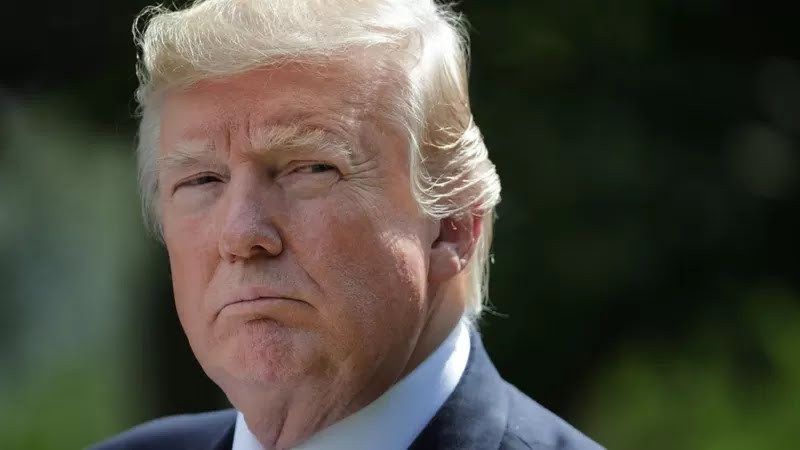-

-
Wikirise.com Advertise with Us HereStats: 4,783 members, 41,615 Posts
Number of Comments : 2,630
Date: Friday, 15th November 2024
Court hands partial win to Trump in rape accuser Jean Carrol’s defamation suit
By Essang Michael - September 28, 2022 | Categories: World Tags: Crime
Share this post:

A federal appeals court set aside a judge’s ruling that Donald Trump could be sued for defamation by E. Jean Carroll after denying he raped her, though it stopped short of declaring the former U.S. president immune from the author’s lawsuit.
In a 2-1 decision on Tuesday September 27, the 2nd U.S. Circuit Court of Appeals in Manhattan asked an appeals court in Washington to decide whether the laws of that district shielded Trump from liability.
But the Manhattan court also accepted Trump’s argument that he qualified as a U.S. government “employee” when he allegedly defamed Carroll, a condition underlying his immunity claim.
A dissenting judge, Denny Chin, would have let Carroll pursue “at least some” claims, saying “Carroll’s allegations plausibly paint a picture of a man pursuing a personal vendetta against an accuser.”
Carroll sued Trump in November 2019, accusing him in a June 2019 book excerpt of having raped her in late 1995 or early 1996 in a dressing room at the Bergdorf Goodman department store in midtown Manhattan.
Trump, working then in his third year in the White House, responded to her accusations by telling a reporter he did not know Carroll, that “she’s not my type,” and that she concocted the rape claim to sell her book.
Alina Habba, a lawyer for Trump, said in a statement she was “extremely pleased” with Tuesday’s decision, adding that it would “protect the ability of all future presidents to effectively govern without hindrance.”
Roberta Kaplan, a lawyer for Carroll, said she was “confident” the District of Columbia court would let the case proceed.
On Sept. 20, Kaplan said Carroll planned to sue Trump for battery and inflicting emotional distress even if the defamation claims were thrown out.
Trump claimed he was shielded from Carroll’s lawsuit by a federal law immunizing government employees from defamation claims.
He also said letting the case proceed could unleash a flood of frivolous lawsuits whenever presidents spoke